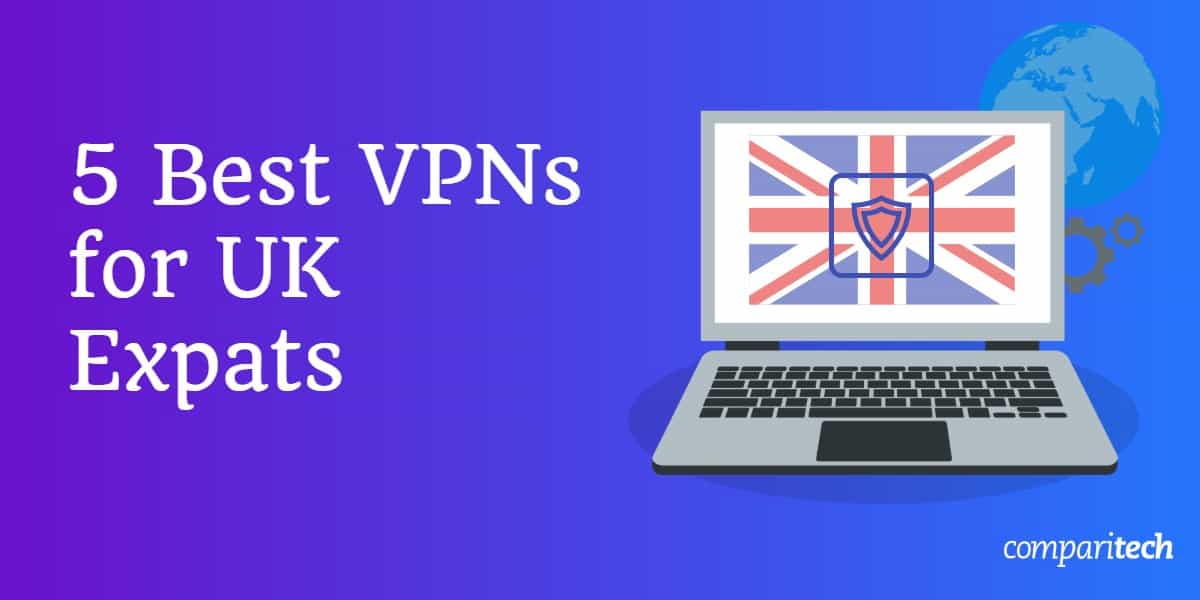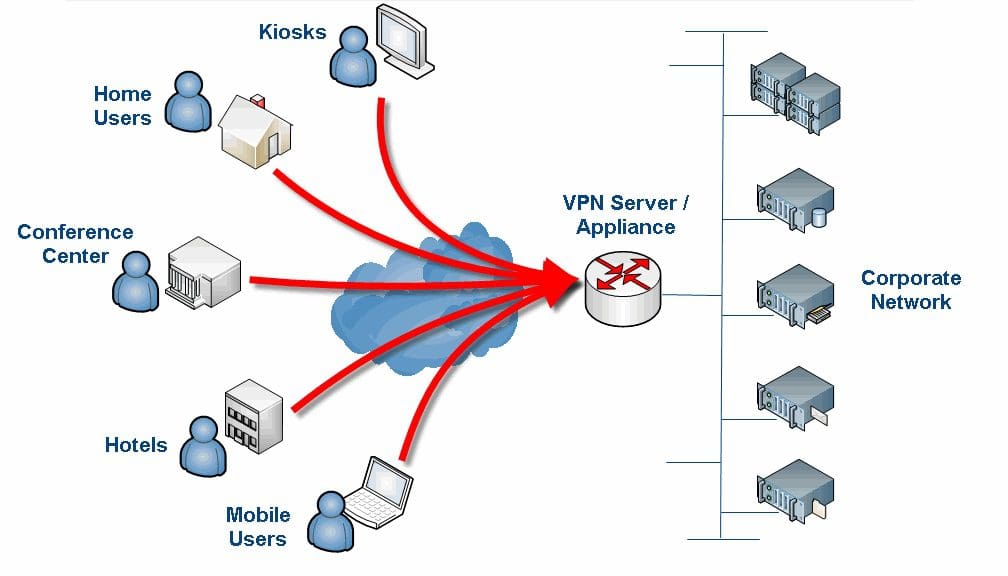

This ID could allow VPN operators, or attackers that compromise their infrastructure, to "eavesdrop" and identify users’ and their activity.įigure 2: Traditional Authentication Architecture Traditional VPNs can sometimes compromise a users’ identity or online activity by linking the usage of their service to the activity they conduct by means of a session ID. While building VPN by Google One we realized it was important to strengthen some of the systems that are often attacked or compromised in order to access users’ personal data. Open sourcing our VPN and providing an audit are just some of the steps we are taking to ensure user privacy.
#Vpn monitor network traffic code#
To demonstrate how our design works, we have open sourced the code that runs on a user’s device and we have conducted a third party audit of the system (report here), which provides independent assurance of our data and security practices. Some minimum logging is performed to ensure quality of service, but your network traffic or IP associated with the VPN is never logged. With VPN by Google One, we will never use the VPN connection to track, log, or sell your online activity. Privacy is at the core of the products and services we build. That's why we have open sourced our client and conducted a third party audit of the solution to make them externally verifiable. We believe a VPN must be transparent, and robust. With VPN by Google One, users’ online activity is not identifiable to the VPN and not logged by the VPN. With growing demand for better privacy in a mixed landscape of solutions, we have used our expertise in privacy, cryptography, and infrastructure to build a Google-grade VPN that provides additional security and privacy to online connectivity without undue performance sacrifices. 2Unfortunately, not all VPN providers have been proven to be trustworthy: some services are vulnerable 3, others request unnecessary access to their users’ data or monetize the same data that users are utilizing the VPN to keep private and secure, while others fail to deliver on the promise of not logging their users’ online activity. VPN Connectionsĭemand for VPNs is growing, with evidence that it’s becoming more mainstream - up to 25% of all Internet users accessed a VPN within the last month of 2019. Because the VPN provider occupies this privileged position, the user must be able to trust that the VPN provider has strong privacy and security guarantees.įigure 1: Unsecured connections v. While this removes the ability for intermediaries to snoop on user traffic, this puts the VPN provider in a position to see all of a user’s unencrypted browsing traffic, e.g., the domain of every website visited. When securely implemented, this hides online activity from network nodes along the way that might have visibility into user traffic data, like public WiFi hotspots or other service providers. Even if security protections are properly utilized by online service providers, information such as your IP address and the sites you visit are not always encrypted and can be accessed by others.Ī VPN provides both encrypted transit and IP address dissociation for packets between users’ devices and the VPN servers.

Unfortunately, not every online service provider is committed to implementing rigorous data protection standards 1, leaving gaps in how well consumers are protected and in how much control they have over who can access their network traffic data. We’ve also long encouraged the use of Transport Layer Security (TLS), the widely adopted cryptographic protocol for securing communication over networks, and other protections across the wider web ecosystem. Over the years, we’ve put these principles into practice introducing tools that allow users to manage their passwords, view and delete their activity history, set auto deletion timelines, turn off web & app activity,and turn on private browsing sessions. As we design our products, we focus on three core principles: keeping our users’ information secure, treating it responsibly, and putting our users in control.

At Google, keeping our users safe online means continuously protecting the privacy and security of their personal information.


 0 kommentar(er)
0 kommentar(er)
